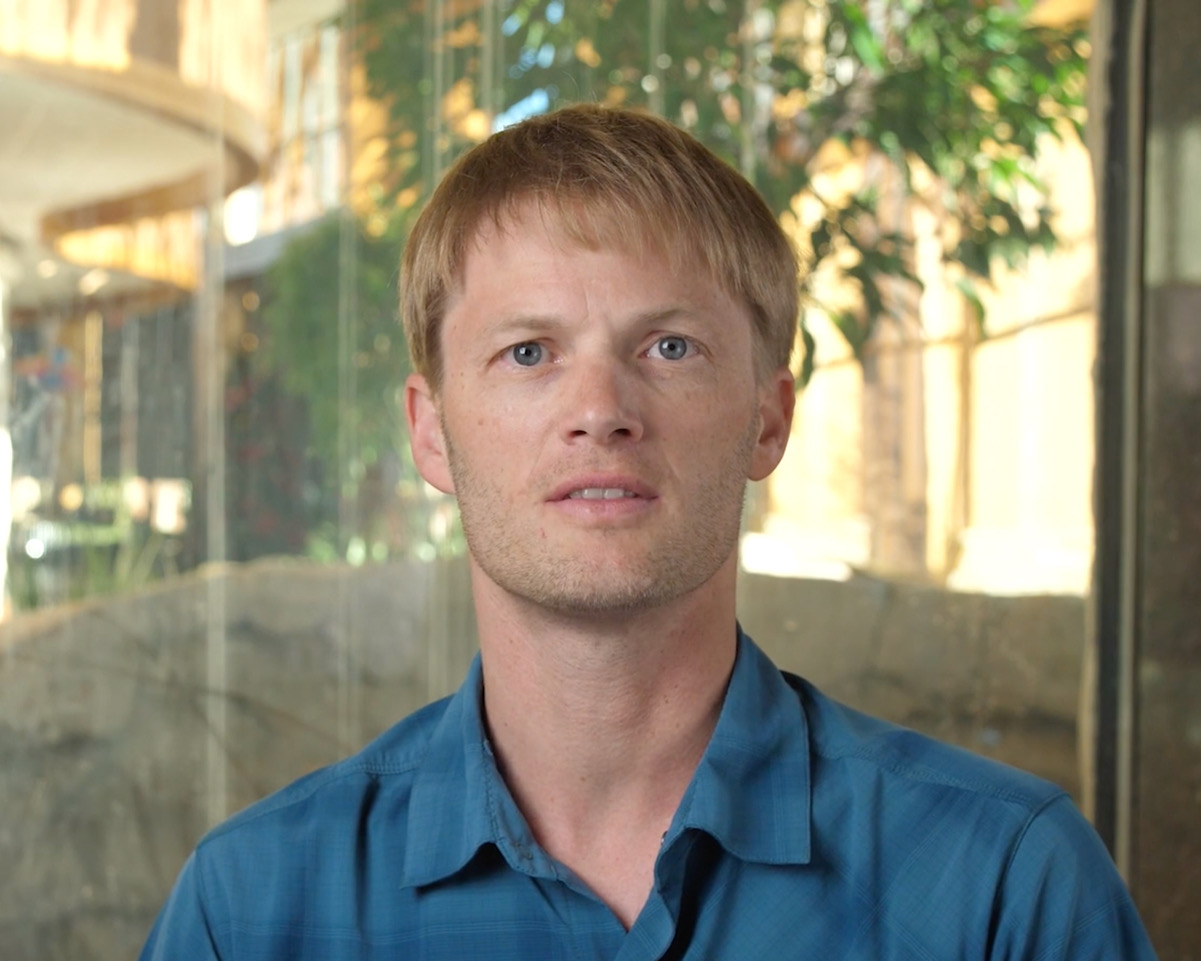
Why the Founder of Hope Has Arrived Decided to Get Involved in the Suffering of Others

Chris Lawrence
(Founder of Hope Has Arrived)
I’ve been asked why I’ve created Hope Has Arrived.
It seems almost cliché to create a non-profit following an experience that awakens a person to a particular suffering. But as I soon discovered, the motives often have deep roots.
In fact, the “why” behind a non-profit or organization is more important than the “what,” because the “why” drives the decisions, content and efforts that define the “what.”
Why I created this website
If you are reading this blog, you are trusting me with your time, even if for just a few minutes. And so, I’d like to honor that by being real, and lifting up the curtain about my “why.”
I believe the search for hope is universal—it’s both a unifier and equalizer. When we face a crisis, we all need hope, and we need it NOW.
When I was first diagnosed, the medical world offered me virtually no hope, leaving me desperately searching for something to stand on. At first, hope emerged quietly and cautiously. Eventually, it grew, and I found my sea legs in the turbulent waters of cancer. Eventually, it became a rock on which to stand and weather the onslaught of treatment, scans and appointments.
For me, medical hope came through the breakthrough of genomic sequencing. As the months pass by, this approach continues to grow across our country and the globe.
But more importantly I found hope through my relationship with God, the one they call The Living Hope—indeed he became my bedrock of hope, even more than medicine.
The idea for Hope Has Arrived
My dad first proposed the idea of creating Hope Has Arrived, even while I was still in treatment. For a long time, it scared me, nearly as much as facing cancer.
As my health improved, rather than return to cancer or anything related to it, I wanted to distance myself. Strike it from the record, expunge the whole experience, if that were possible.
I certainly did not want to talk to others with cancer, especially those who were still in the battle. Their fragility and suffering reminded me of my own fragility and suffering. Their fear reminded me that I am also afraid of going back down into “the pit”—that time when I had no hope.
In fact, one day a friend I hadn’t talked to in a long time, whose child was facing cancer, texted me and asked me about part of my treatment. Through a delayed and terse text, I made it pretty clear I didn’t want to “talk shop” about cancer.
I still regret it.
Yet soon my mindset began to change.
A change of direction
One morning, I was reading a book called, “Lord, I Want to Know You: A Devotional Study About the Names of God,” when a line shook me: “We want to be healed ourselves. But we do not want to be involved in others’ healing.”
So true. Like so many people facing cancer, I was desperate for the hope of healing, if it was even possible in my situation. But once I experienced hope, it became powerful and life-changing. It gave me a whole new perspective—that perhaps my diagnosis wasn’t as limiting as I first thought. That maybe in the new world of cancer, the script can be flipped. And even if the script isn’t flipped, that somehow, because of an undefeatable hope, life can still be good and filled with joy.
Once I found that hope, it helped lift me out of the pit and into the light of day again. And so, why would I risk losing it by re-entering the mess with others?
My hesitancy seemed wise, something positive for my well-being, as a way to protect my family and me. But behind my motives, lurked an ugly selfishness and cowardice. I think it also stemmed from a misunderstanding of hope.
That line in that book jostled and unsettled my plan to play it safe.
Help from others
With that fresh motivation, I set out to create Hope Has Arrived.
Yet, I would so learn just how difficult a project it would be. While my background includes writing and communications, it proved incredibly difficult to keep up to date in today’s digital space. It was so daunting I nearly quit before I started.
But through the encouragement and help of many people, including a friend who runs another popular website, and also some advice and training from a tech specialist, I set out to create Hope Has Arrived.
My desire to share hope with others remains my foundation for why I am doing it.
Hope multiplies
I soon realized is that hope is similar to love. There is no shortage of it. Hope doesn’t deplete when you share it, instead it grows and multiplies.
Anyone who has ever had a child, knows how love multiplies. At first, the idea of a baby may seem inconvenient, an interruption even. But then quickly your heart warms to them during the pregnancy, and suddenly you create a new space of love for them in your heart that you didn’t know could exist. You don’t feel depleted by this space, but simply fuller.
Hope is like that.
I found hope through God, my Living Hope, as well as the medical world.
I can’t keep this hope to myself, as I want others to find the freedom and security of hope, too.
So, I’m willing to take the risk and plunge back into the pit with others if it means I can bring some light and hope with me.
As I’m learning, helping others find hope brings immeasurable joy. And this joy compels me.
My desire is that as you explore this website, it will help give you hope, or strengthen the hope you already have. And while our stories might be different, I want my story and my experience to be helpful to you as you face your own.
Multiply your hope, too
Maybe as you read this, you feel the same hesitancy to get involved in the mess with others. But I encourage you, take steps to reach out to others, even in the smallest ways. Maybe through a text or getting involved in a support group. Or maybe a step for you would be to send me an email and tell me what you are thinking about as you face this. Share with me about what is giving you hope. Like you, I don’t have all the answers, but I would be honored to know more about your journey.
Remember this: sharing the hope you have won’t deplete your own supply but will only increase it.
I believe this wholeheartedly.
You are not alone. You have a lot more in common with other people facing cancer than you may have realized.
This is true for me. And the realization that my hope only grew as I’ve walked with other survivors has deepened my resolve to share it more.
Yours for hope.
If you would like to connect with others, check out our Prayer and Support Group on Facebook.
Also, check out the Pathway to Hope, my seven-day email series about finding hope.
Need courage to face your next scan? click here
to download our free guide.
Related posts:
